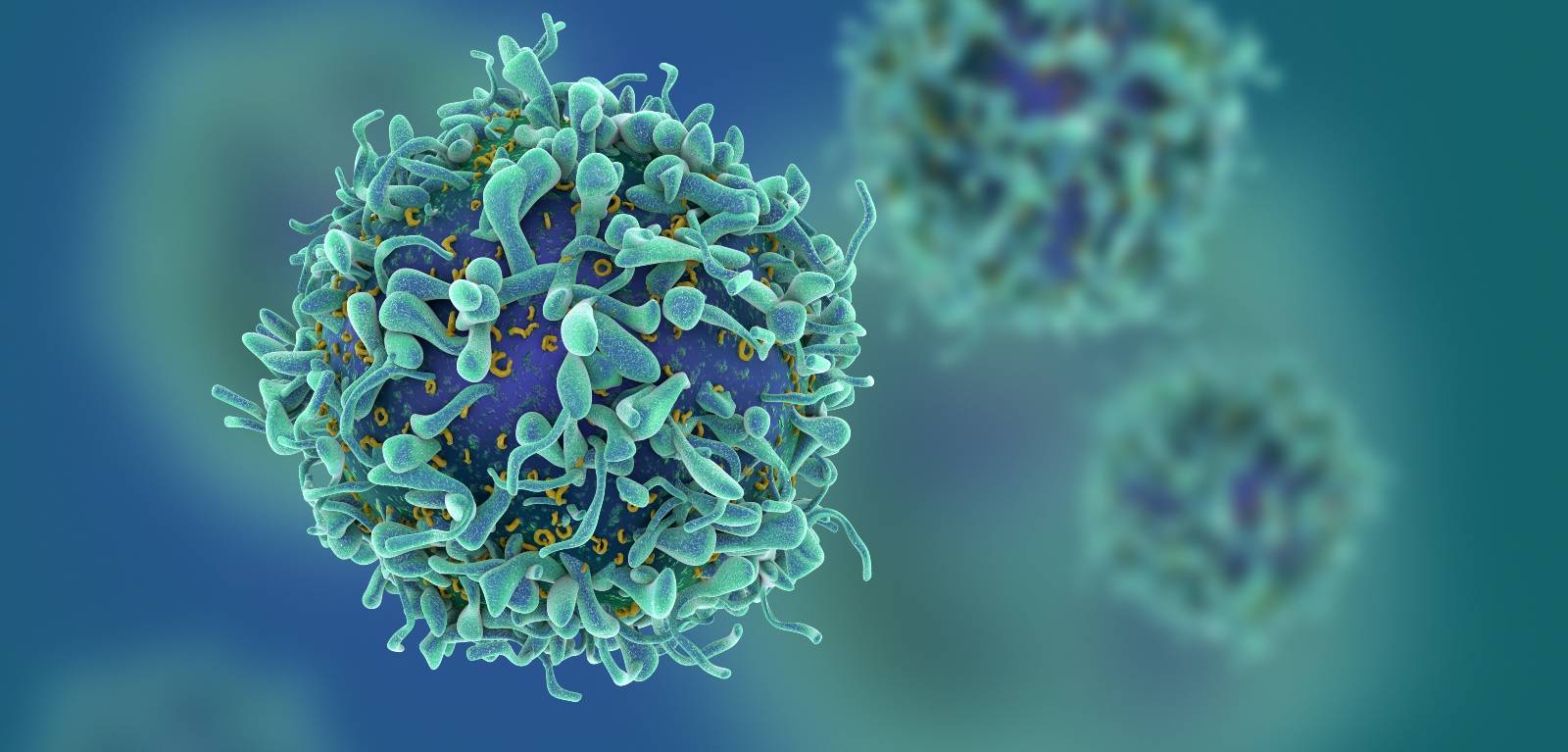Cancer: Number of diagnoses in NI 18-49 age bracket up 20%
Cancers diagnosed in people aged between 18 and 49 in Northern Ireland have risen by 20% in the past 25 years, according to new research by NI Cancer Registry.

A new study by Queen's University Belfast and the NI Cancer Registry has revealed a worrying trend: cancer diagnoses in young adults (aged 18-49) in Northern Ireland have risen by 20% over the past 25 years.
Researchers compared data from 1993, the beginning of registry records, to 2019. The study found a significant increase in diagnoses, with 1,076 people aged 18-49 diagnosed with cancer in 2019.
Professor Helen Coleman, a researcher involved in the study, expressed concern about the rise, particularly the shift in the types of cancers being diagnosed. Traditionally, testicular and brain tumours were more common in young men, but colorectal cancer is now on the rise.
The study focused on "early-onset cancers," diagnosed before age 50. It found a significant increase in cancers typically associated with older adults, such as bowel, breast, stomach, and pancreatic cancers, being diagnosed in younger individuals.
The cause of this increase remains unclear. Professor Coleman suggests environmental and lifestyle changes might be at play, similar to trends observed in other Western countries. The study explores possibilities like increased consumption of processed foods and earlier use of antibiotics, but no definitive cause has been identified.

A key takeaway from the study is the importance of early diagnosis. Professor Coleman stressed, "Don't ignore unusual symptoms because you think you're too young."
The study also found a higher incidence of diagnoses among women in the 18-49 age group, primarily driven by breast cancer cases.
The research highlights the need for improved awareness and potentially lowering the screening age for early detection.
Professor Coleman emphasizes, "Prevention and early detection are key to reducing disease burden and improving cancer outcomes." She also points out that Northern Ireland's cancer strategy has yet to be fully implemented, and the study's findings could inform discussions about early-onset cancers, including lowering the screening age.
